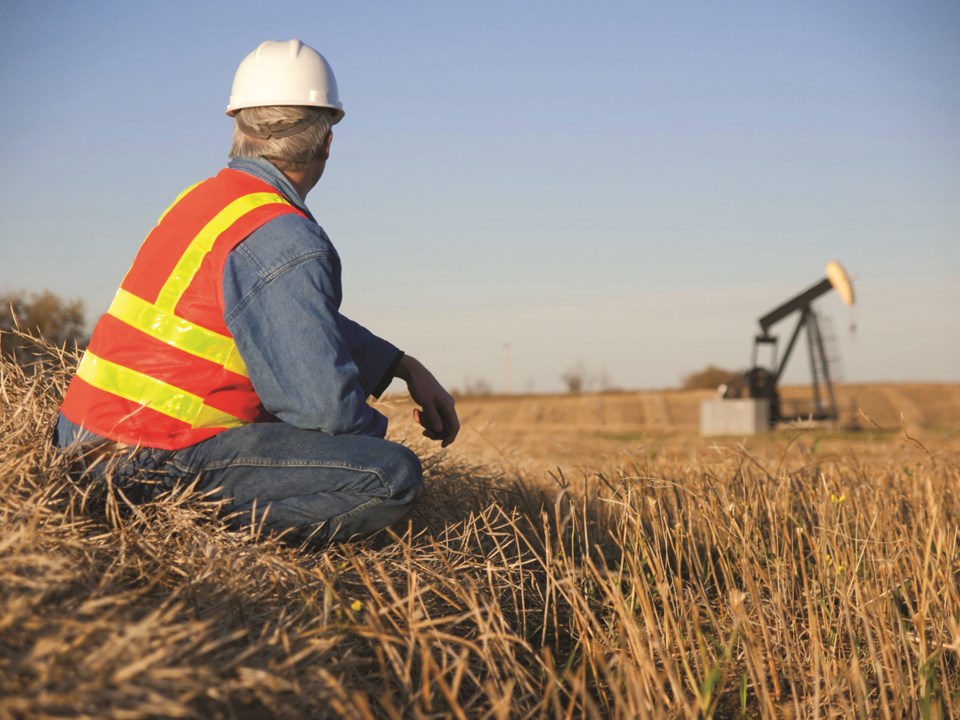LAKELAND – As the demand for oil increases, so too is the demand for labour in the oil and gas industry. But recruitment remains a struggle in the province.
Roy Dallman, press secretary to Alberta’s Minister of Labour and Immigration, said the lack of support from the Province of Alberta’s previous “four-year government” and the federal government led to many employees in oil and gas finding opportunities elsewhere.
This includes overseas and south of the border where oil and gas were “a lot more welcome,” such as some states in the United States, said Dallman. He said this resulted in challenges in recruiting skilled people who “no longer exist because they found jobs elsewhere.”
To help alleviate labour shortages in the province, the provincial government has established initiatives such as the recent $15 million over three years toward expanding apprenticeship education in the province’s post-secondary institutions.
In addition, the provincial government also launched a $2.6 million campaign in August to attract skilled workers, including workers for the oil and gas industry, from other provinces via interprovincial migration.
“We also have opened up a number of new immigration pathways for people that have been trained or working overseas to come over,” said Dallman, through the Alberta Advantage Immigration Program (AAIP).
Mark Scholz, President and CEO, Canadian Association of Energy Contractors (CAOEC), said the efforts of the members of CAOEC to help with labour shortages include wage increases and recruitment of workers from other provinces.
CAOEC is the trade association for drilling and well servicing sector in Canada. Its members are composed of oil and gas businesses like service rig, directional drilling, offshore drilling, and land drilling businesses.
Scholz said members of the CAOEC have been “continuously turning down work” due to the lack of people to accommodate demand from clients. “More drilling programs would have been executed and put into place if we have the people,” he explained.
“We need as many people as we can because we don’t have enough people today to accommodate demand,” he reiterated.
With regard to getting more labour back into the province, Scholz said members of CAOEC have also recruited skilled workers outside the province, and “the fact that we have such a robust economy and paying higher wages is bringing people back.”
CAOEC will be conducting a labour recruitment campaign involving social media “in the next year or so,” said Scholz. People can also apply for jobs by directly submitting their resumes to member companies of the CAOEC that are hiring on the association’s website.
Despite labour shortages, Scholz sees a “very positive” outlook on the growth of the industry, “short of the labour challenges we experienced.”
“Crude oil continues to be very robust and strong, and natural gas is going to continue to be strong,” he said, explaining export capacity on the west coast will continue to create a robust market for natural gas. Within the short/medium term of about three to five years, he said the industry will see a “very strong” growth in the oil and gas industry.



